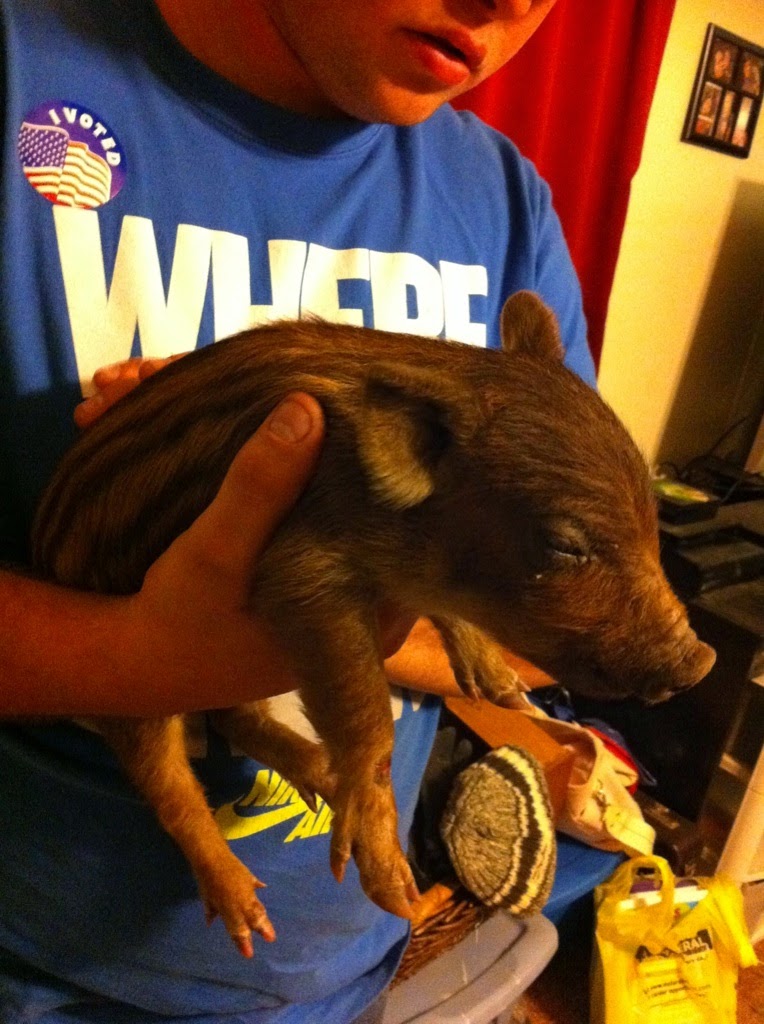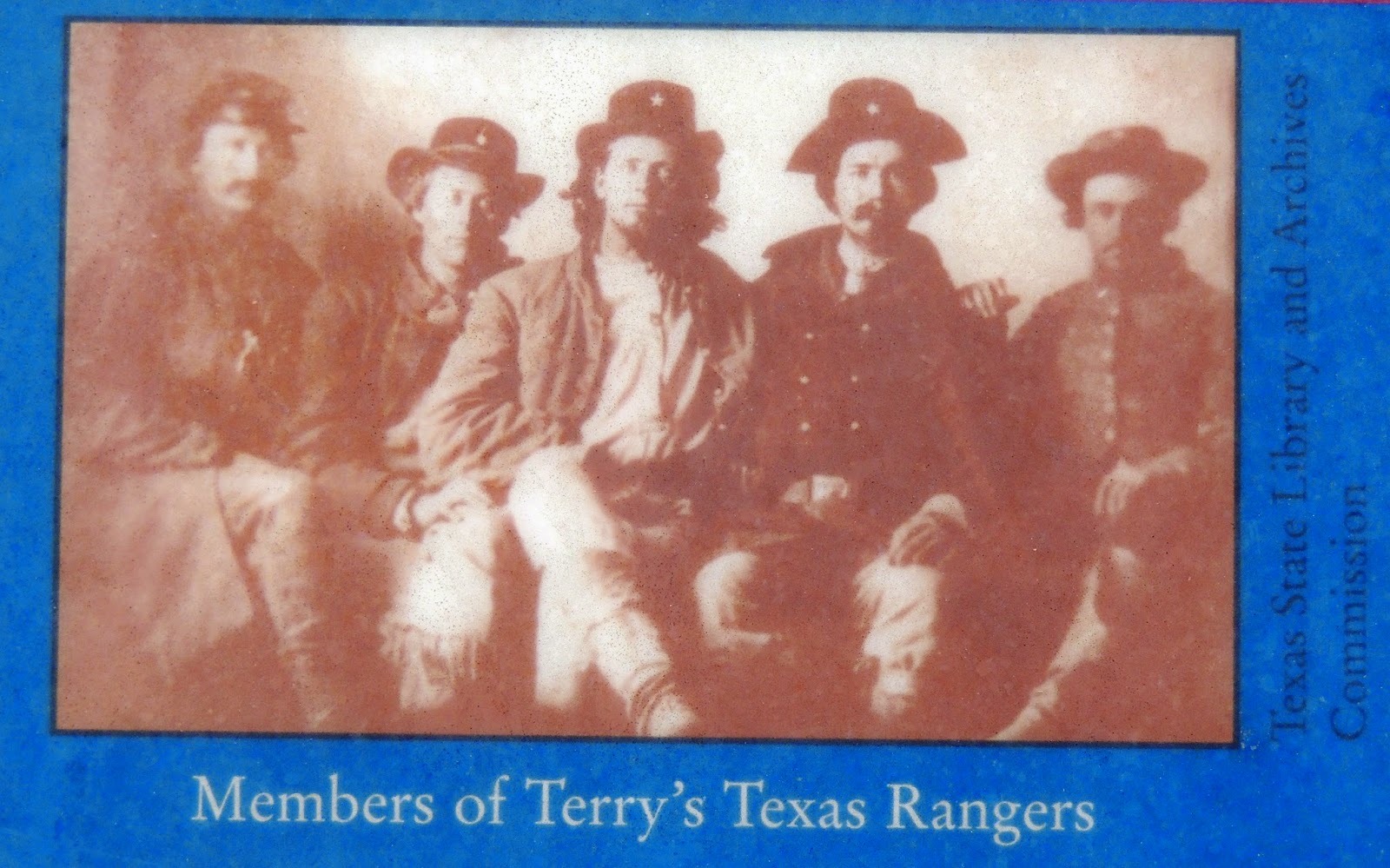Here I go again - getting things out of order! But this is a book of memories for Granpa and I, and I suppose that it is more important than ever that I get it down in writing, because I'm obviously losing my mind!
It's July of the year 2014, as we come across this Civil War battlefield from March of 1865. Over a hundred and fifty years ago men of conviction came together on this spot. It was the last time the South was able to launch an offensive campaign. This was the largest battle ever fought in North Carolina during the Civil War. It resulted in four Congressional medals of Honor for heroism, but from here on out it would be a quick trip to surrender for the Rebels.

It sometimes seems that the remnants of war is all that is left to us - that and the legislative re-uniting of the North and the South. A hundred years later there would still be "Yankees" and "Rebels" and the hard feelings that go with those terms. No legislation can change that. Robert E. Lee once said, "It is well that war is so terrible, otherwise we should grow too fond of it."
This was the only significant attempt to defeat the large army of Sherman during its march through South and then North Carolina in 1865, and it was led by General Joseph E. Johnston, much to the dismay of the South's President Jefferson Davis.
General P. G. T. Beauregard had split the only cohesive unit of Rebels in the Carolina's and Georgia in order to attempt some protection for Augusta, Georgia and Charleston, South Carolina. This division of troops effectively allowed Sherman to practically dance his way toward Bentonville. Robert E. Lee, therefore, had to pull a rabbit out of the hat and magically create an offensive force from a myriad of scattered pockets of fighting Rebels across the area. He chose formerly disgraced (in the eyes of Jeff Davis) General Johnston.
On February 22, 1865, Robert E. Lee sent an urgent dispatch to his old friend Johnston, who had retired to Lincolnton, North Carolina:
 |
| Johnston |
Assume command of the Army of Tennessee and all troops in Department of South Carolina, Georgia, and Florida. Assign General Beauregard to duty under you, as you may select. Concentrate all available forces and drive back Sherman.
What Johnston would accomplish in one short month, though he personally believed the stand against Sherman had come too late, would rescue his military reputation - but he had been correct in the timing. How he must have agonized as he read newspaper accounts of what was taking place in the war. What I find remarkable is that, knowing the probable hopelessness of the situation, especially if Davis was desperate enough to bring
him back to duty, what I find remarkable is that Johnston, for love of the South, agreed to take on the task at all.
Johnston was setting a trap for Sherman, and Sherman fell into it. At the end of the first days fighting, there was a tactical draw. The next day, reinforcements arrived for Sherman. He now had 60,000 against Johnston's 20,000. No longer having the "surprise" advantage, Johnston continued to skirmish with Sherman for two days - totally aggravating Sherman's desire to get on to Goldsboro.
 |
| Sherman looks kinda ghostly |
On the third day, Johnston almost lost the bridge that would be his army's only means of retreat. That night, he pulled his men across the bridge and the next day was chased by Sherman's men all the way to Hannah's Creek. This allowed Sherman to get on to Goldsboro and rejoin Union General's Schofield and Terry. Here he rested his army for over two weeks, planning to meet up with Johnston again soon.
Johnston knew the end when he saw it. On April 26th, he surrendered - on Sherman's terms - at the Bennett Place near Durham, North Carolina. It was the largest troop surrender of the American Civil War.
Sherman said,
"War is cruelty. There is no use trying to reform it. The crueler it is, the sooner it will be over." His Georgia and Carolina's marches can still be seen on the landscape to this day. He was right, and it is still evident!


















.JPG)






































